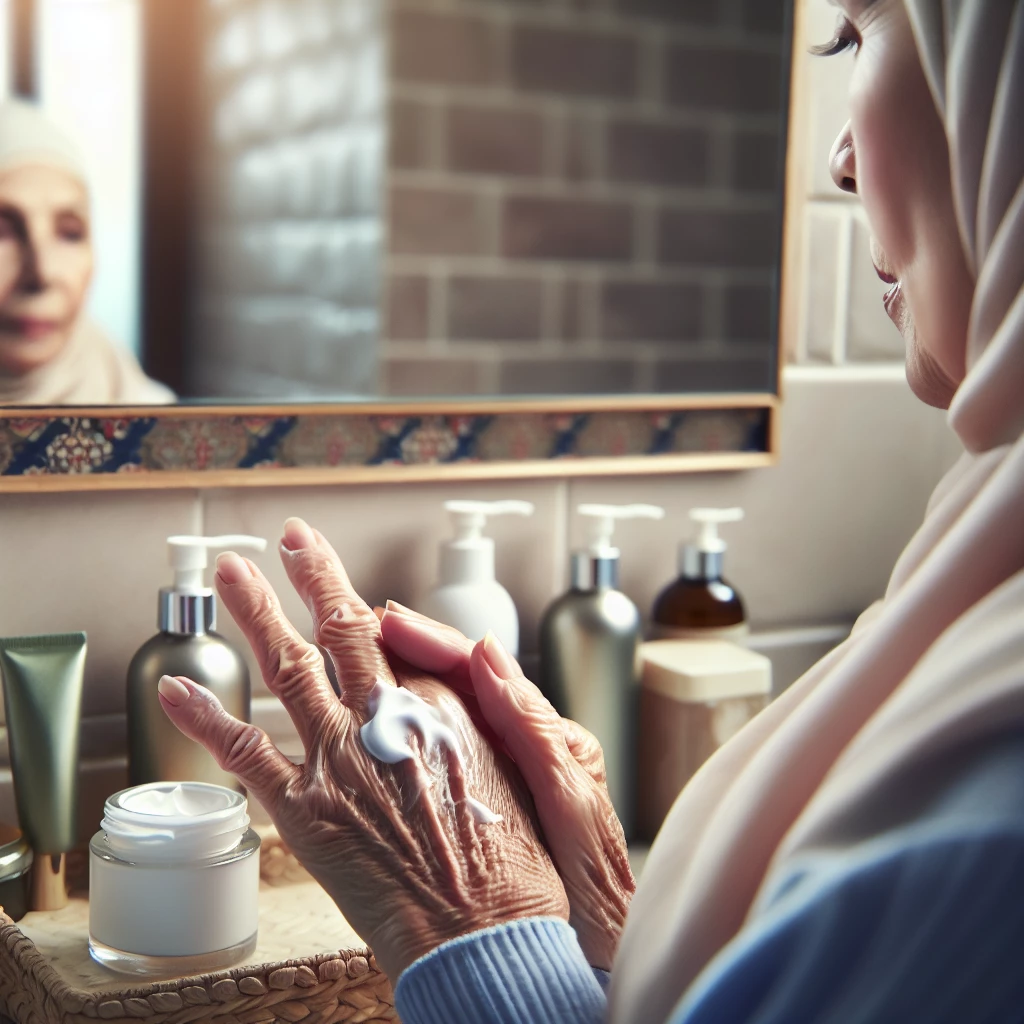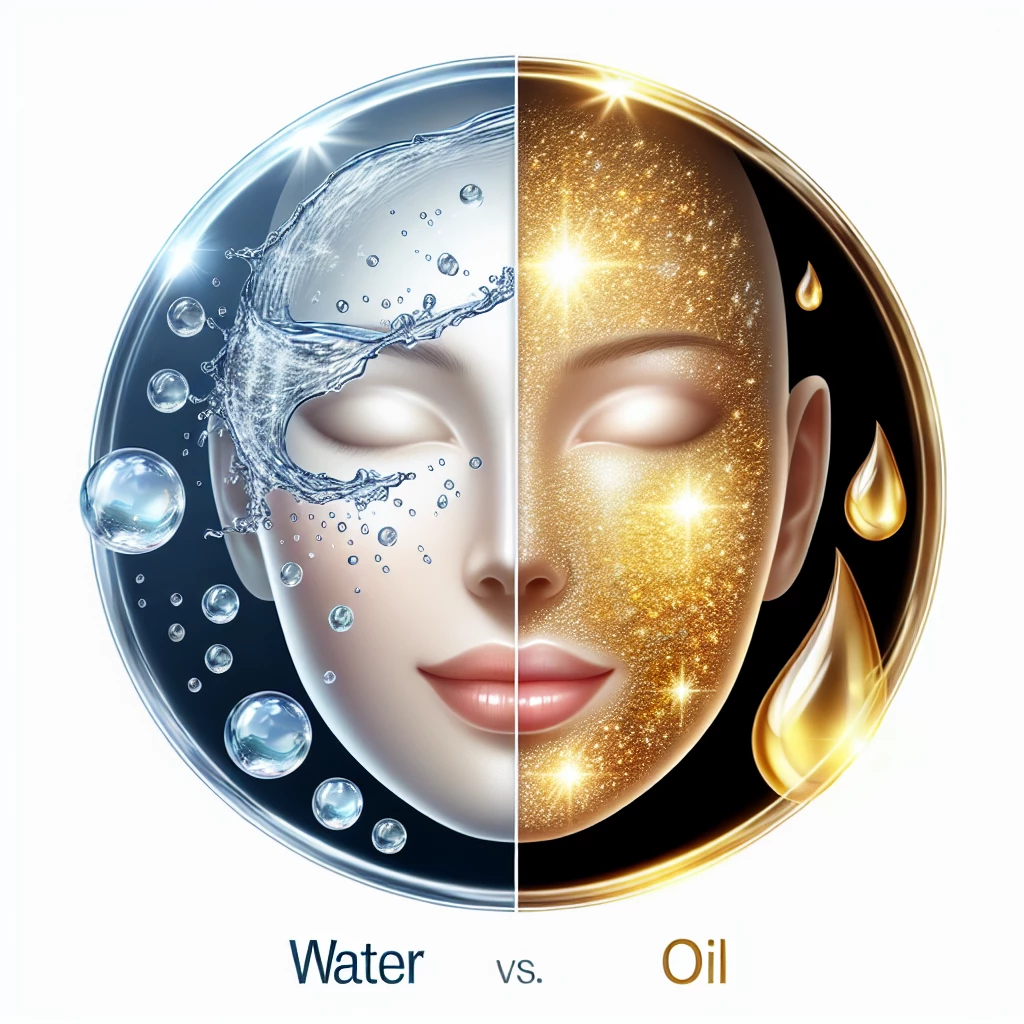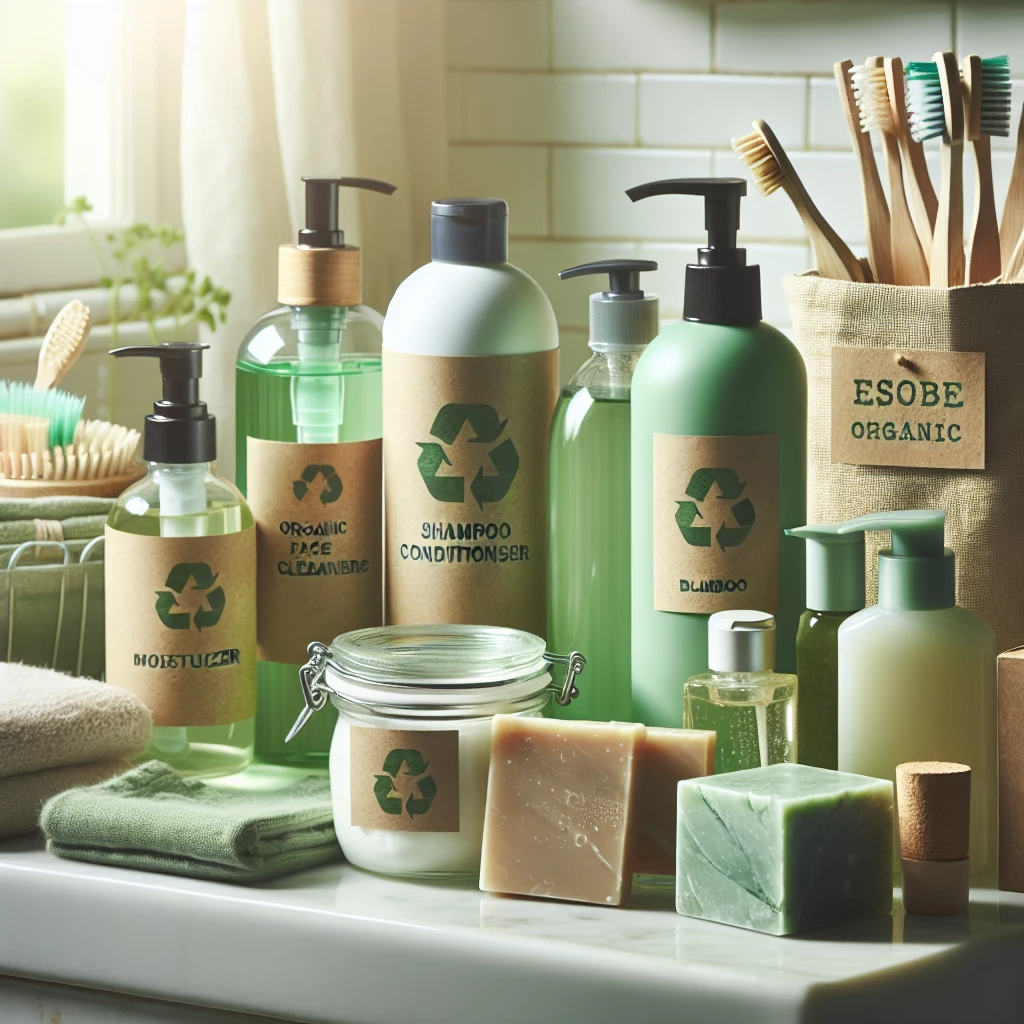Welcome to another post on Makeup Queens. Today, we delve deeper into the green side of skincare and beauty. With eco-friendliness and sustainability becoming more and more central in our lifestyles, it's about time our skincare routine follows suit. Through this eco-friendly beauty regimen, you will not only contribute to this green revolution but also pamper your skin with the natural goodness of our mother earth.
Green Products: Transitioning to Sustainable Skincare
Transitioning to sustainable skincare doesn't happen overnight. It's a gradual process that requires patience and commitment. Start by replacing one product at a time until your entire skincare kit is eco-friendly. Keep in mind, brands that invest in sustainability and eco-friendliness often prioritize skin health too. They avoid harmful chemicals and focus on natural and organic ingredients.
Understanding ingredients is also critical in your green routine journey. Many ingredients used in conventional products can be potentially harmful not just for your skin but for the environment as well. Research products and make informed choices. Brands with eco-conscious mission usually provide detailed ingredient information.
Also, remember to look for certification marks that usually adorn sustainable products. Some certifications to look for include 'Certified Organic', 'Certified Cruelty-Free', or 'Certified Vegan'.
The Impact: Environment and Personal Health
The potential impact of a sustainable, green beauty routine extends far beyond personal benefits. From reducing your carbon footprint to supporting ethical, transparent business practices, these changes can lead to profound environmental benefits.
Equally important, sustainable beauty products are usually kinder to your skin. Most of these products are free from harmful chemicals and synthetic fragrances. They nourish your skin and work to improve skin health naturally.
This shift is not just a trend but a lifestyle change. It's about making a commitment to a more sustainable and healthier future. Plus, sustainable beauty products often come in minimalistic, elegant packaging making them a beautiful addition to your beauty counter.
Green Beauty Myths Debunked
There are several misconceptions surrounding green beauty, and one of the most common is that they aren't as effective as conventional products. This is not true. Many natural ingredients have potent skincare benefits and can deliver excellent results.
Another common myth is that green beauty products cannot provide a luxurious feel. However, many sustainable brands are creating luxurious, high-performance products that rival those of high-end mainstream beauty brands.
The notion that sustainable beauty products are always more expensive is also not accurate. Many affordable brands are offering sustainable alternatives. It's about conscious shopping!
As we unveil the curtain on eco-friendly beauty, it's clear that the green routine is more than a concept—it's a lifestyle. It's about making choices that are mindful of our planet and our bodies. Are you ready to embrace the green routine? Stay tuned to Makeup Queens for more tips and insights on sustainable beauty!

Age Gracefully: Mature Skin Care
Delve into the changes that come with aging skin and the best practices to ensure its health and vitality.

Vitamins for Victory: Skin Nutrients
Discover the key vitamins that contribute to skin health and the best ways to incorporate them into your skincare routine.

Exfoliation 101: Clearing the Surface
Dive into the process of exfoliation, uncovering its benefits and learning how to properly exfoliate for brighter, smoother skin.

Skin Hydration: Water vs. Oil
Get insight into the importance of hydration in skincare routines and understand the difference between water-based and oil-based products.
